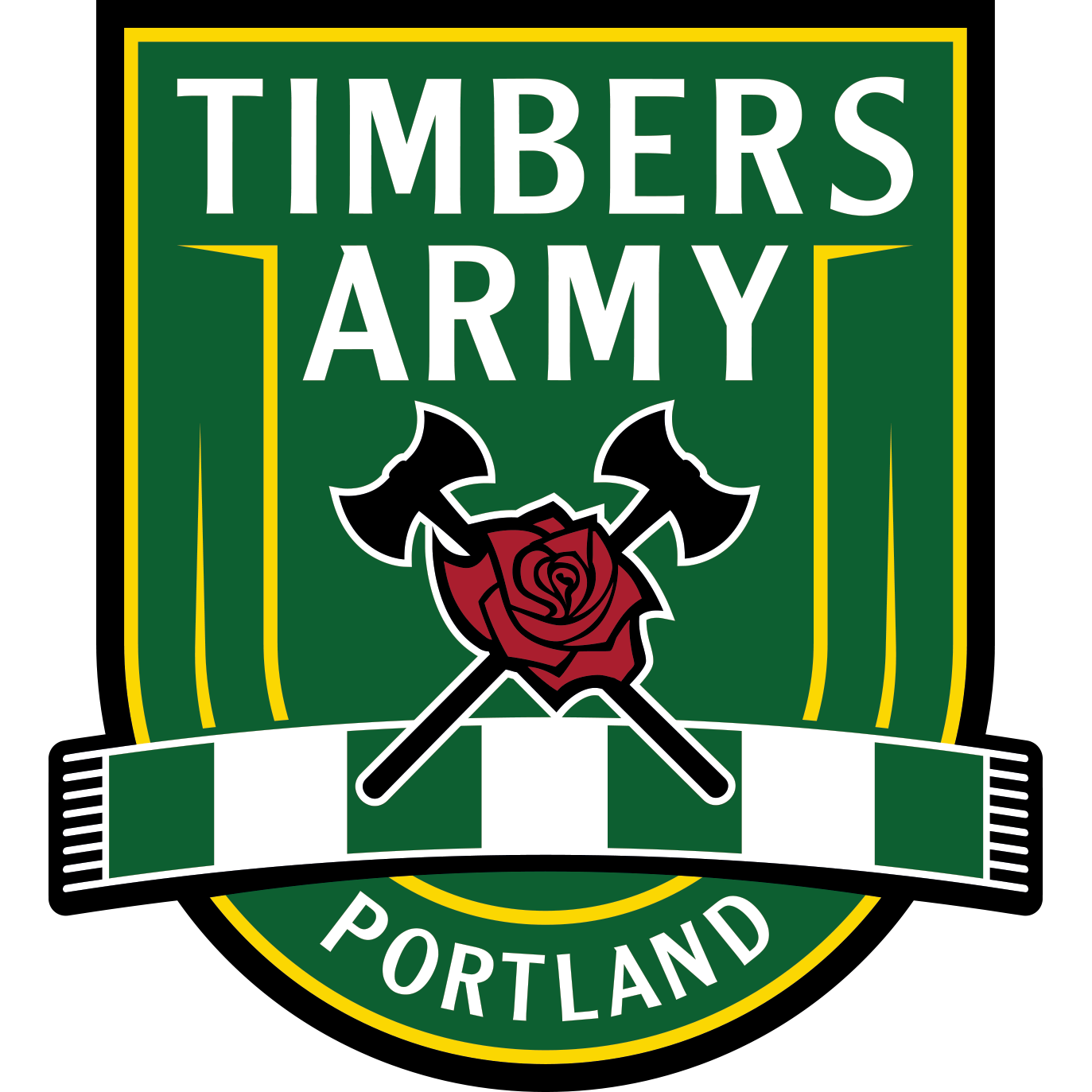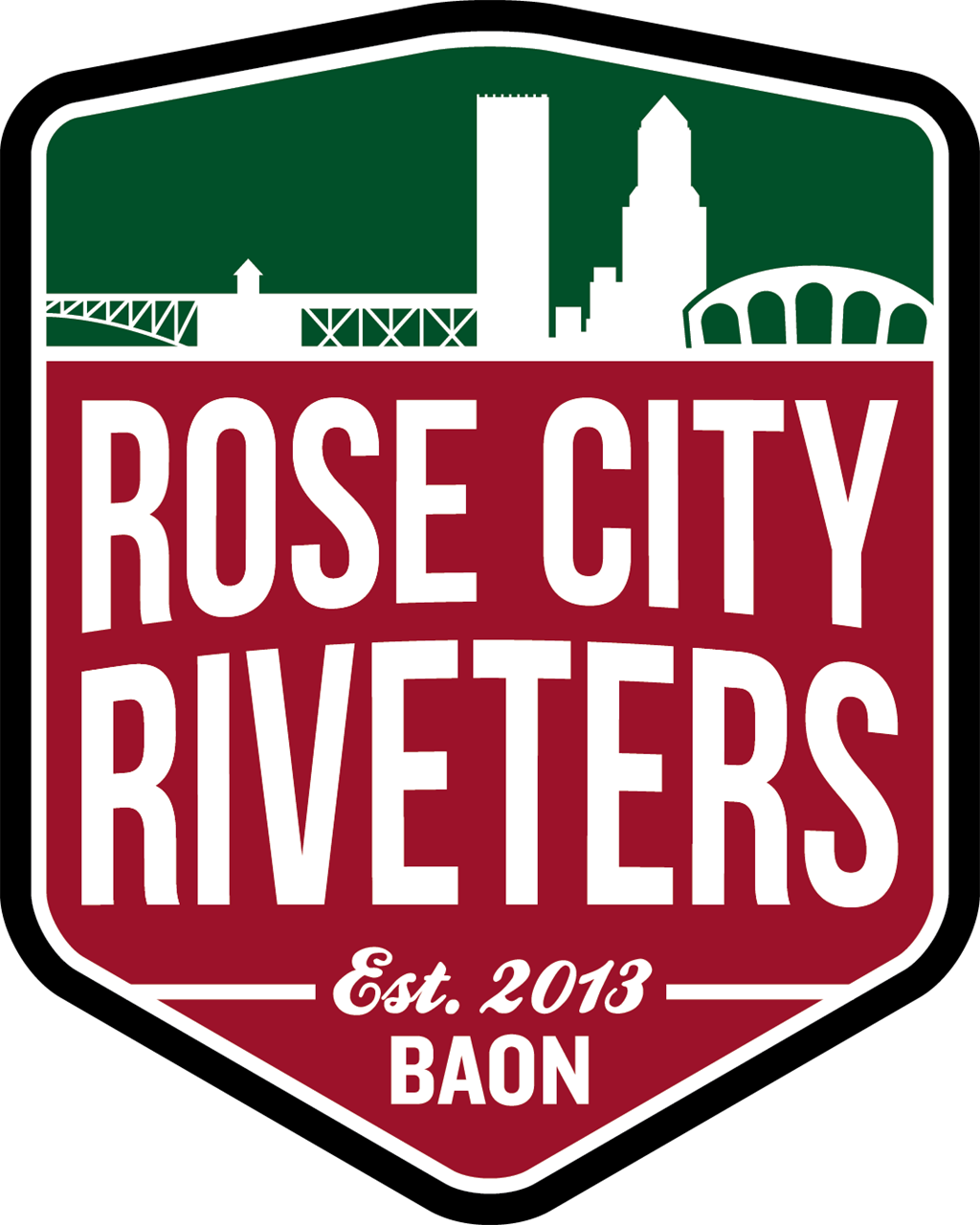—by Chris Rifer
Another day, another frustrating, ambivalent, and – no matter how much lipstick some put on it – disappointing result for the Portland Timbers.
Caleb Porter was upbeat after the Timbers’ 2-2 draw with L.A. Galaxy at the Stub Hub Center. And there were a lot of reasons for his optimism. Portland dominated extended stretches of the game, and through the middle of the match were clearly the more dangerous team.
The Timbers midfield terrorized the Galaxy’s for much of the match, limiting Los Angeles to a paltry 64% passing in the attacking half outside the attacking third. Time and time again Diego Chara, Will Johnson, and company turned the Galaxy over and launched the Timbers back into the attack.
That attack created an abundance of chances in wide areas, especially on the right side where Robbie Rogers will wake up in cold sweats at the prospect of matching up with Diego Valeri again.
A first half in which the Timbers created a number of chances only to see crosses just miss their target and shots fly off frame, turned into a second half in which the Timbers’ only two shots that didn’t test Jaime Penedo were blocked.
Finally, the Timbers essentially split the ball with Galaxy, a statistic that undoubtedly would have skewed in Portland’s favor but for Galaxy’s predictable success holding the ball once they threw numbers forward in search of an equalizer.
And yet, for the umpteenth time this season, the Timbers didn’t get three points out of a game that was ripe for the picking. The reason is both simple and well publicized: The backline stinks. Particularly the central defense.
But Friday’s draw with the Galaxy perfectly represents this problem – and the Timbers’ season – in a nutshell.
That excellent work the midfield put in to disrupt Galaxy in midfield? It didn’t extend to the final third, where the Galaxy completed 74% of their passes – a pass completion rate 10% greater (!) than what L.A. mustered in the attacking half outside the final third. Simply put, L.A. found it significantly easier to operate in and around the Timbers’ defensive box than they did in midfield.
And this isn’t an isolated incident. Actually, it’s the seventh time this season the Timbers have allowed an opponent to have a higher pass completion percentage in the final third than they had in the attacking half at large.
The two goals conceded on Friday aren’t at all unrelated to this problem, as both came after extended periods of Galaxy possession in and around the Timbers box, where the Timbers had missed opportunities to clear the danger and push their lines back up. The same inability to intervene and ultimately put a stop to Galaxy attacks that shows up in the boxscore directly led to the Timbers’ once again dropping otherwise deserved points.
Thus, while Porter is very appropriately optimistic about many aspects of this Timbers team, none of it matters – the disruptive midfield, the creative attack, and the net-popping finishing – as long as the backline can’t interrupt the opposing offense.
And that’s something all the optimism in the world can’t fix.
The Timbers need better defenders.
Onward, Rose City.


